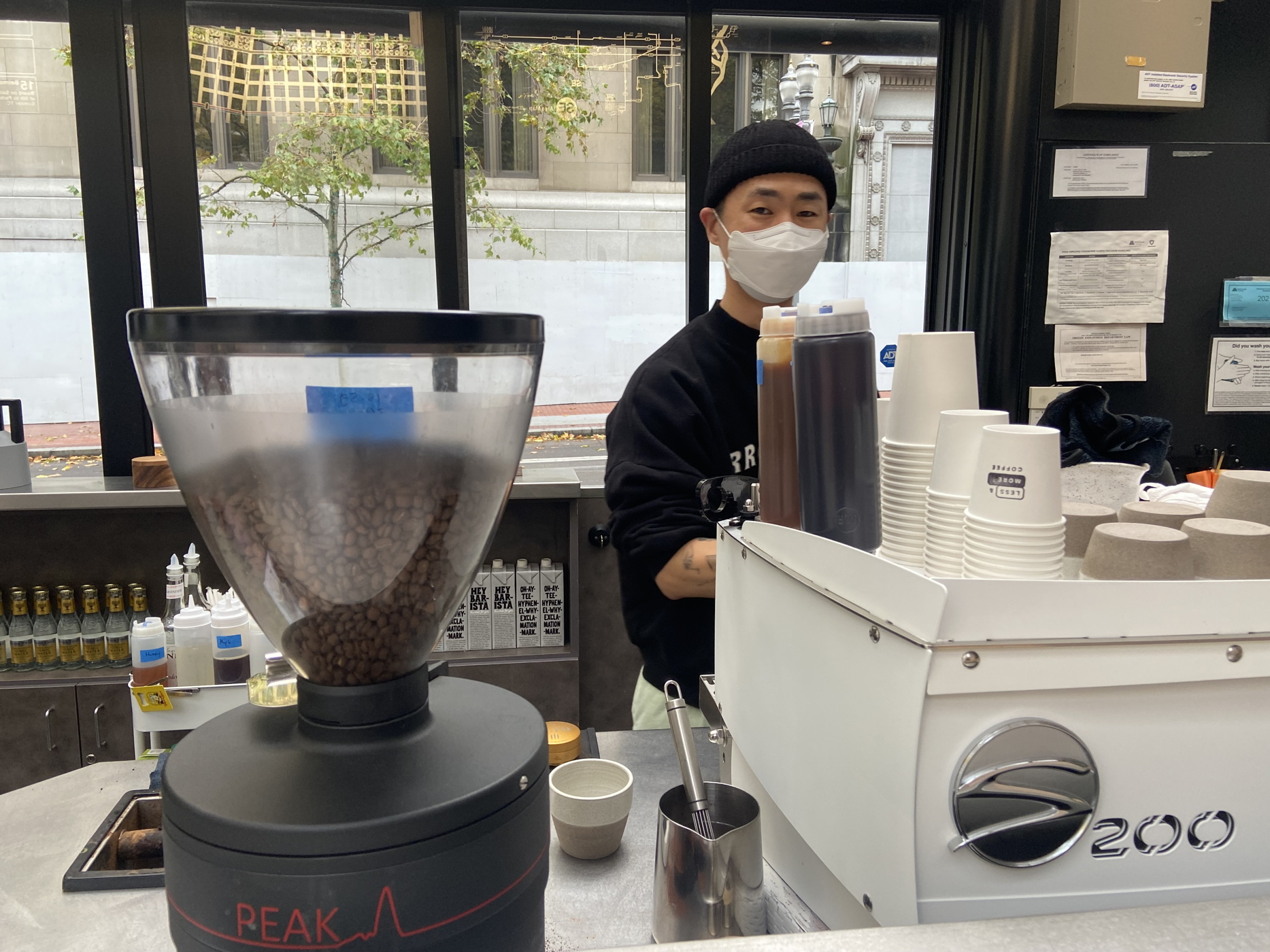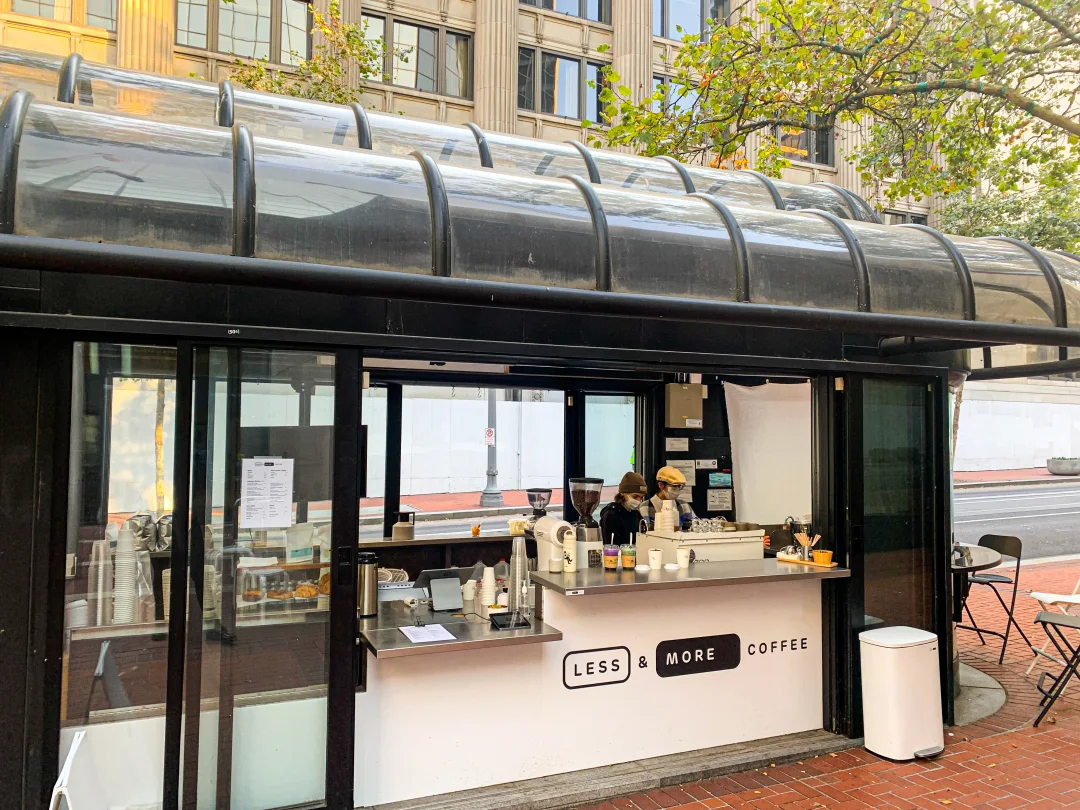Why Less & More Coffee? Your Perfect Cup!
The concept relates to modulating coffee consumption habits. It suggests a deliberate approach, involving both a reduction in intake during certain periods and a potential increase in consumption at other times, based on individual needs and circumstances. For example, one might reduce daily servings to combat sleeplessness, then increase intake before a demanding task to improve focus.
Such modulation can lead to several benefits. It may optimize energy levels, cognitive function, and overall well-being. Historically, coffee consumption has varied greatly across cultures and time periods, often adapting to societal demands and individual health considerations. This approach acknowledges the potential advantages and disadvantages of the beverage and encourages a balanced perspective.
The following sections will delve into specific strategies for implementing this approach, exploring how to tailor coffee intake to maximize desired effects while minimizing negative consequences. Consideration will be given to factors such as timing, quantity, and individual sensitivity to caffeine.
- Carolin Bacic Celebrity Wife Wiki Age Height
- Joe Barry Net Worth Is He Really
- Apple Cofounder Steve Jobs Extreme Diet And
- What Happened To Carolyn Warmus Face Brain
- Dr Cade Hunzeker Cause And Death How
Frequently Asked Questions
This section addresses common inquiries regarding the modulation of coffee intake, encompassing both reduction and augmentation strategies.
Question 1: What constitutes a reasonable 'less' quantity of coffee for daily consumption?
Defining a universally appropriate 'less' quantity is challenging due to individual variations in caffeine sensitivity, body weight, and overall health. However, a reduction to one cup per day, or complete abstinence, may be considered a reasonable starting point for those experiencing adverse effects.
- Sharon Case Net Worth Husband Married Children
- Here S How Much Mia Farrow Is
- Justin Leonard Golf Channel Bio Wiki Age
- November 14 Zodiac Horoscope Birthday Personality
- Vick Hope Bio Age Wiki Facts And
Question 2: Under what circumstances might a 'more' approach to coffee consumption be beneficial?
Increased coffee intake may be strategically employed to enhance alertness and cognitive function during periods of high mental demand, such as before exams or during demanding work shifts. However, moderation and awareness of potential side effects are crucial.
Question 3: Are there any specific health conditions that necessitate a 'less' coffee consumption strategy?
Individuals with anxiety disorders, insomnia, heart arrhythmias, or gastrointestinal issues may benefit from significantly reducing or eliminating coffee consumption. Consultation with a healthcare professional is recommended to determine the most appropriate course of action.
Question 4: How can one minimize potential withdrawal symptoms when adopting a 'less' coffee approach?
Gradual reduction of coffee intake is generally recommended to mitigate withdrawal symptoms such as headaches, fatigue, and irritability. Hydration and adequate sleep can also assist in managing these effects.
Question 5: Is decaffeinated coffee a viable alternative when aiming for 'less' caffeine consumption?
Decaffeinated coffee can serve as a substitute for regular coffee, allowing individuals to maintain the ritual of coffee consumption without the full effects of caffeine. However, it's important to note that decaffeinated coffee may still contain trace amounts of caffeine.
Question 6: Can the timing of coffee consumption influence the effectiveness of a 'more' or 'less' approach?
Yes. Consuming coffee close to bedtime can disrupt sleep patterns, negating potential benefits. Conversely, strategic consumption earlier in the day can maximize alertness during peak activity periods. Careful timing is crucial for optimizing the impact of coffee intake.
Ultimately, the optimal strategy for coffee consumption is highly individualized. A balanced approach that considers personal health, lifestyle, and caffeine sensitivity is essential.
The subsequent section will explore practical methods for integrating these principles into a daily routine.
Strategies for Optimized Coffee Consumption
The following recommendations offer practical guidance for modulating coffee intake to achieve desired outcomes while minimizing potential adverse effects.
Tip 1: Implement a Caffeine Journal. Maintain a record of coffee consumption, noting the timing, quantity, and resulting effects on energy levels, sleep patterns, and overall well-being. This aids in identifying personal sensitivities and patterns.
Tip 2: Adjust Intake Based on Sleep Schedule. Refrain from consuming coffee within six to eight hours of bedtime to prevent sleep disruption. Consider earlier consumption to maximize daytime alertness.
Tip 3: Cycle Coffee Consumption. Employ periods of reduced or zero caffeine intake to mitigate tolerance buildup and enhance sensitivity. This allows for increased effectiveness during subsequent consumption periods.
Tip 4: Hydrate Adequately. Coffee can have a diuretic effect. Ensure sufficient water intake throughout the day to maintain hydration and minimize potential side effects.
Tip 5: Pair Coffee with Food. Consuming coffee alongside food can slow the absorption of caffeine, leading to a more gradual and sustained energy release.
Tip 6: Explore Alternative Beverages. During periods of reduced coffee intake, consider alternatives such as herbal teas or decaffeinated coffee to maintain the ritual without the full stimulant effects.
Tip 7: Consider Individual Health Conditions. Individuals with pre-existing health conditions should consult with a healthcare professional to determine the appropriate level of coffee consumption.
Strategic modulation of coffee intake can yield improved energy management, enhanced cognitive function, and minimized negative side effects. Consistent monitoring and adjustments are essential for optimizing individual results.
The subsequent section will provide a concluding summary, reinforcing the importance of a balanced and informed approach to coffee consumption.
Conclusion
This exploration of modulating coffee consumption, balancing periods of less and more coffee, emphasizes a nuanced approach to a widely consumed beverage. The preceding sections detailed strategies for adjusting intake to optimize cognitive function, energy levels, and overall well-being. The importance of individualization was underscored, acknowledging variations in caffeine sensitivity and health conditions. Practical methods for implementing these adjustments, including caffeine journaling and cycling strategies, were presented.
Ultimately, responsible and informed consumption is paramount. Individuals are encouraged to critically evaluate their relationship with coffee and proactively manage their intake to maximize benefits and mitigate potential risks. Further research may refine our understanding of optimal consumption patterns, further enhancing the potential for personalized and effective strategies.
- Ryan Reynolds Brothers Meet Patrick Reynolds
- Emily Willis Net Worth Wiki Age Weight
- Where To Find All The Princess Quest
- Dr Cade Hunzeker Cause And Death How
- Maureen Kelly Bio Wiki Age Height Family

Less and More Coffee Best cappuccino in the cutest space in the city

Portland Is Known For Its Coffee, So Which Are The Best Coffee Shops To

less and more coffee Less and more coffee